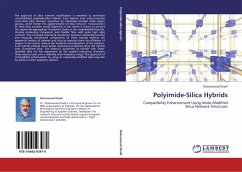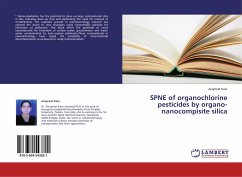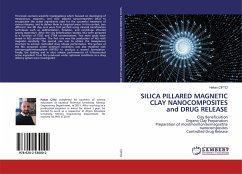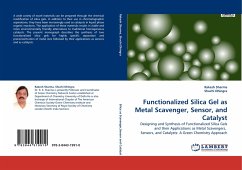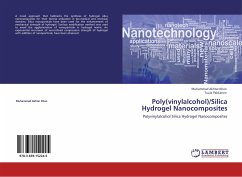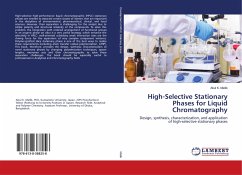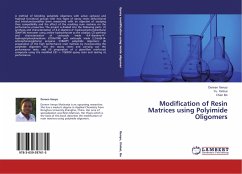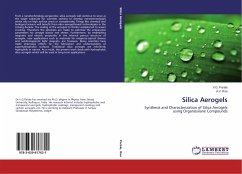The approach of silica network modification is extended to synthesize compatibilized polyimide/silica hybrids. Such hybrids have interconnected nano-sized silica domains separated by chemically bonded imide spacer groups, which hinder the agglomeration of silica network. Incorporation of small silica particles evenly dispersed in the matrix is found to prevent the segmental aggregation of polymer chains in the compatibilized hybrids, thereby producing transparent and flexible films with quite high silica contents. The increased interfacial interaction between chemically bonded and physically intertwined components of these hybrids restricts the segmental motion of polymer and thus by slowing down the diffusion of oxygen in the matrix reduces the oxidative decomposition of the polymer. Such hybrids offered much better mechanical properties than the hybrids with unmodified silica. The dielectric properties of hybrids with imide-modified silica are less dependent on the applied frequency; therefore these may be used over a relatively wide frequency range. The approach of compatibility enhancement by using an organically-modified silica may also be useful in other polymeric systems.
Bitte wählen Sie Ihr Anliegen aus.
Rechnungen
Retourenschein anfordern
Bestellstatus
Storno

